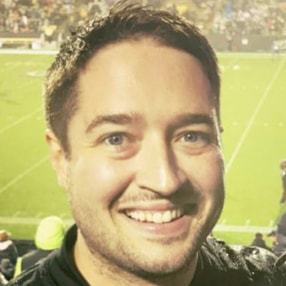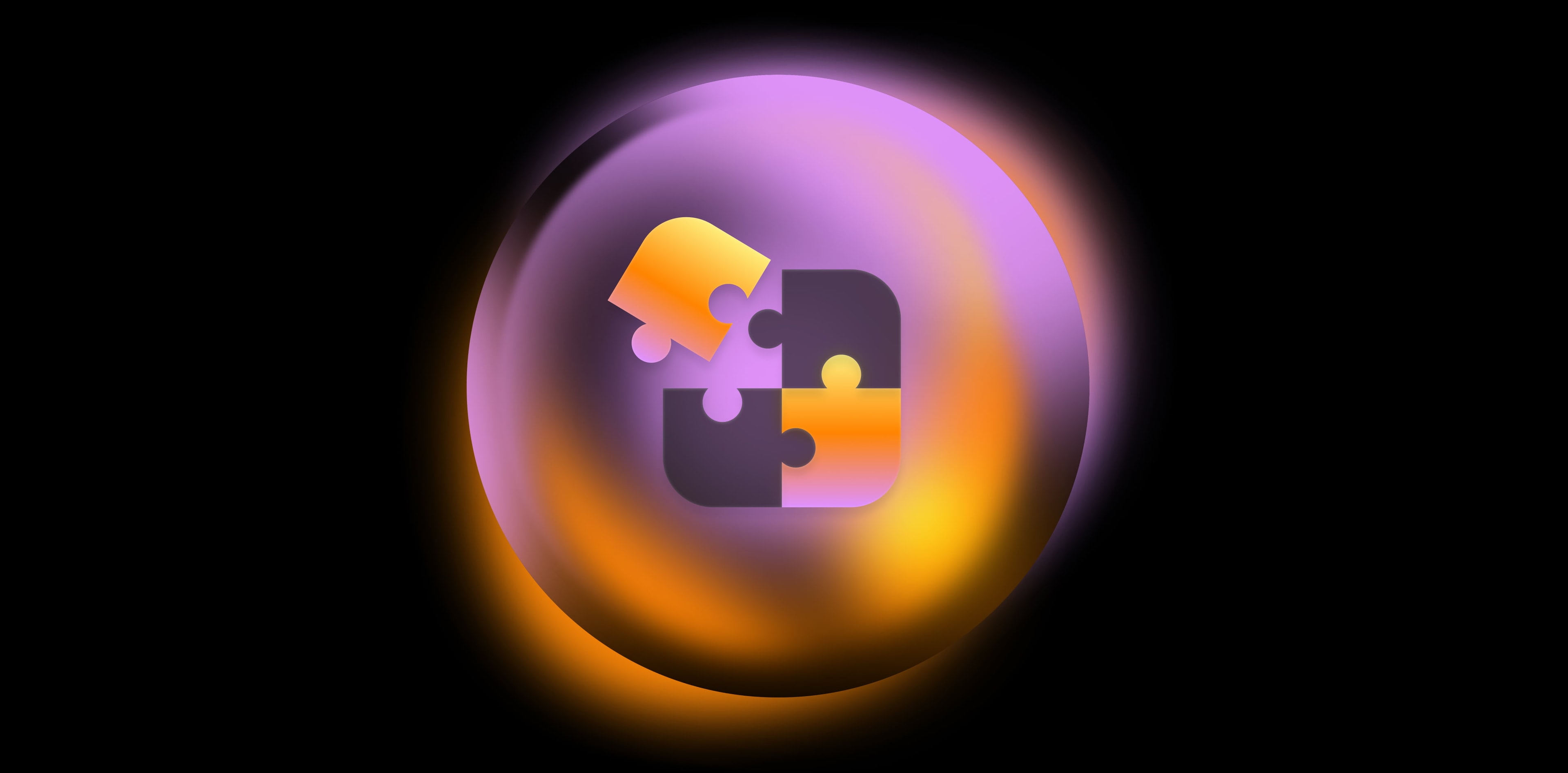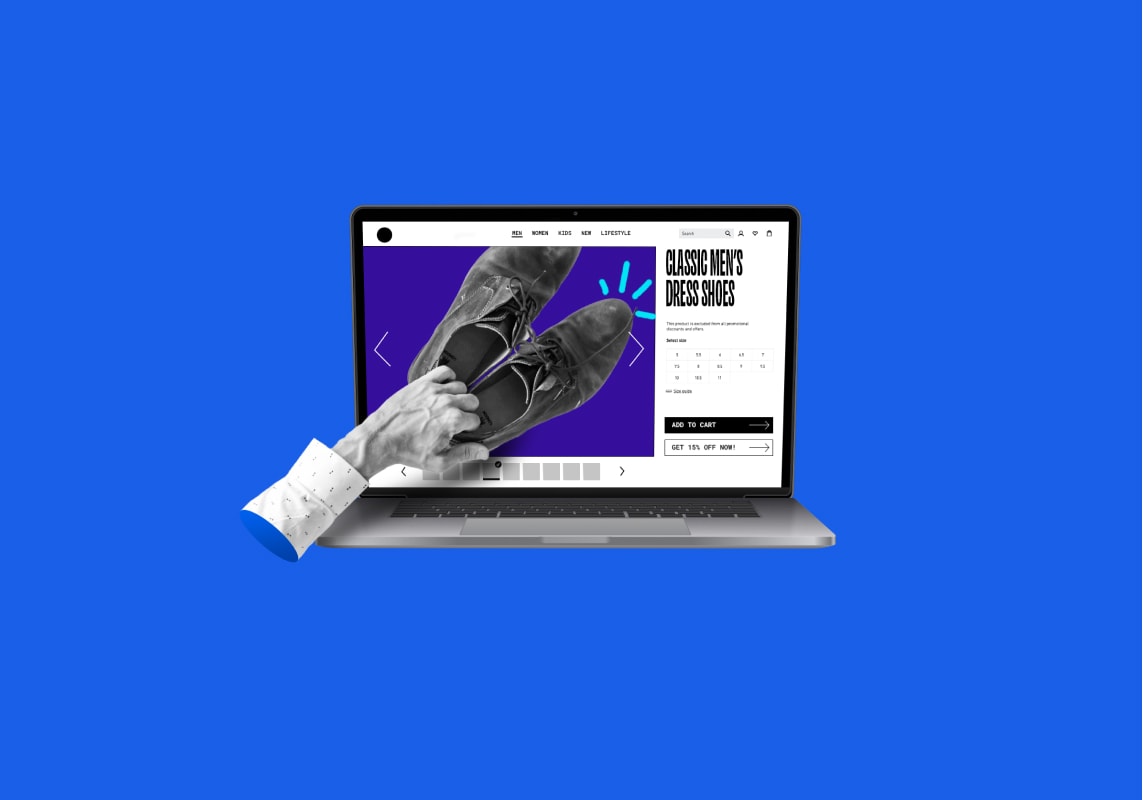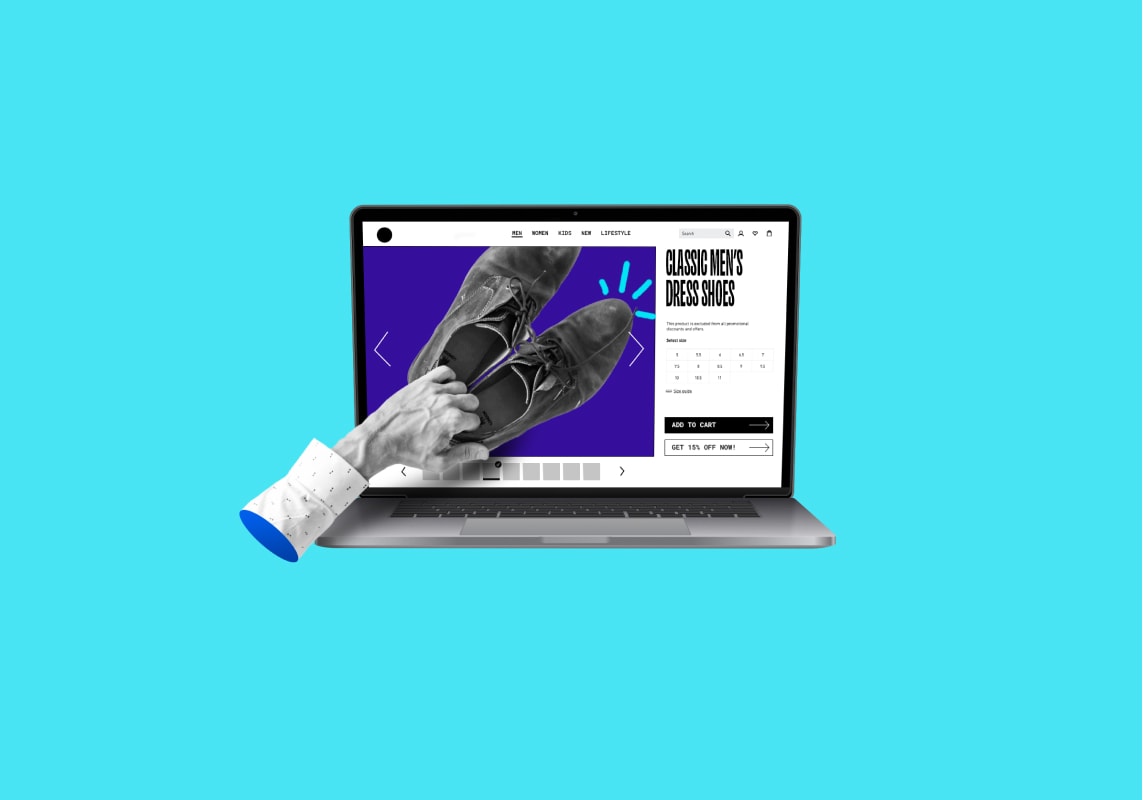Welcome to the second installment of our "Behind Clyde" series. This is where we’ll be introducing the people who make our work at Clyde possible, with the goal of highlighting and celebrating their different backgrounds, experiences, and contributions.
Monika Heinig, PhD, Clyde’s Commander of Big Data
The field of data science has been around for nearly fifty years, stretching back to 1962 when mathematician John W. Tukey predicted the effect of modern-day electronic computing on data analysis as an empirical science. The field has received a significant makeover in the past decade, swiftly upgrading the importance of data in the business world. This explains why a company like Clyde would make Dr. Monika Heinig one of its very first hires. As Apple’s Angela Ahrendts said, “consumer data will be the biggest differentiator in the next two to three years. Whoever unlocks the reams of data and uses it strategically will win.” That’s why Clyde has invested in its data department and is building around Monika.
We sat down with Monika to discuss her professional journey and why utilizing her mathematical skills in the D.S. world is so much fun.
How did you come to work in data science?
Initially my goal was to be a math high school teacher. My undergraduate degree from Seton Hall University was in Mathematics and Secondary Education, but during the fall of my senior year I had two experiences that changed my mind. The first was that I participated in a research project with a math professor of mine that ultimately ended up in my first publication. And that following spring, I taught high school freshmen and sophomores how to solve for X and calculate perimeter, and things of that nature. The experience of going from high level math to teaching basic math at a high school made it clear for me that this wasn’t the path I wanted to follow.
After Seton Hall, I attended Stevens Institute of Technology and earned an M.S. in Applied Mathematics. During my masters program, I got an internship as an actuary and worked there after graduation for about a year and a half. Essentially, I calculated pensions, really exciting stuff, I know. Needless to say, when the opportunity presented itself to go back to Stevens for my PhD, I jumped at the opportunity. I earned my PhD in Mathematics and completed two internships with the government while I was at Stevens. I also did a postdoc at Mount Sinai Hospital doing math analyses on MRI images for MS Patients. It was that experience that opened my eyes to data science. I realized that I was basically conducting data science projects without the official title.
Once I came to that realization, I decided to go all-in on it and completed a data science bootcamp through Insight Data Science. Shortly thereafter, I ended up at Clyde as one of the very first hires and now I have the opportunity to lead all of our data projects as Director of Data Science & Analytics.
What drew you to data science and why do you think it’s a natural fit for you, given your diverse mathematical skill sets?
It was refreshing at the very beginning when I sought out these D.S. bootcamps, because so many were looking for individuals who had already earned their PhDs. That gave me an initial comfort level just as I was getting started.
You learn very quickly that there are all sorts of paths to go down within data science. From Business Intelligence (BI) analytics, which is what I'm doing now, to machine learning. Within those paths you can experience projects that are very engineering-heavy and everything in between.
Given my math background and all of the research projects I had participated in, on top of my actuarial skills, I had the confidence to come in and use these experiences in one career here at Clyde. My experiences really gave me confidence that I could bring it all together.
How do you describe what you do to non-Math people?
I like to start by explaining that I “clean data.” Because the cleaner the data, the better the analysis and output will be for Clyde. Once you have a clean data set, you can utilize historical information to fuel predictive analysis, which ultimately helps us look towards the future as a company. Even when you get into machine learning algorithms, it has to start with clean data, so that’s why I always start there when explaining this role and its importance.
What is a common misconception that people have about data science?
I think there’s this misconception that the “final answer” or product is going to be this beautiful, pretty thing. And then when you dig into the data it’s messy and there's all of these nuances. For instance, one of our retailers, I call them the “problem child,” because there's so many issues related to their data. I have to spend a lot of my time cleaning the data so that we can have comparable data sets.
I think there’s also a blanket expectation of sophistication. Not everything in this field requires a machine learning algorithm. Sometimes a simple Excel file can answer the problem. So there’s a balance between what’s possible, what’s most effective and what’s a proper use of resources. To outsiders, they may automatically prefer the method that is the most complicated, or the fanciest. When in reality, each project is unique and may not require the highest levels of sophistication.
What kind of tools do you use on a daily basis?
How much time do you have? Because there are so many tools, some of which I’m learning more about every day. So for starters, there’s Postgres, which allows us to access all of our data. Then I’m working with Excel, because it allows me to deliver information internally or externally. On a daily basis, I always have a terminal open and a host of internet browsers and tabs. This gives me access to Mode and Jupyter Notebook, which allows me to do Python. And then there’s just the usual Googling because I need to see examples and ask questions.
This isn’t even mentioning Nuclino for documentation and Sublime which allows me to code as well. But as you can see it takes a technological village to get things done in the D.S. world.
And the big question, “Why Clyde?”
When I met the founders, it was so clear that these were genuinely good people who wanted to build something special. And to be honest, I'd never worked in an environment where everyone was this nice. That positive environment really brings out the best in me.
And they were very honest upfront, in that they didn’t know that much about data. They knew it was important and wanted to invest in it, but they needed someone to take charge, someone who already had a vision. So to have the opportunity to lead, in a culture where they put their trust in me; that was very appealing. For the first time I was pouring the foundation, so to speak. And given my experience, I kind of knew some of the pitfalls to avoid and how to move quickly.
Really from day one I knew this was the right place for me, and that’s translated to doing essential work while building meaningful relationships.
SIGN UP FOR OUR NEWSLETTER












